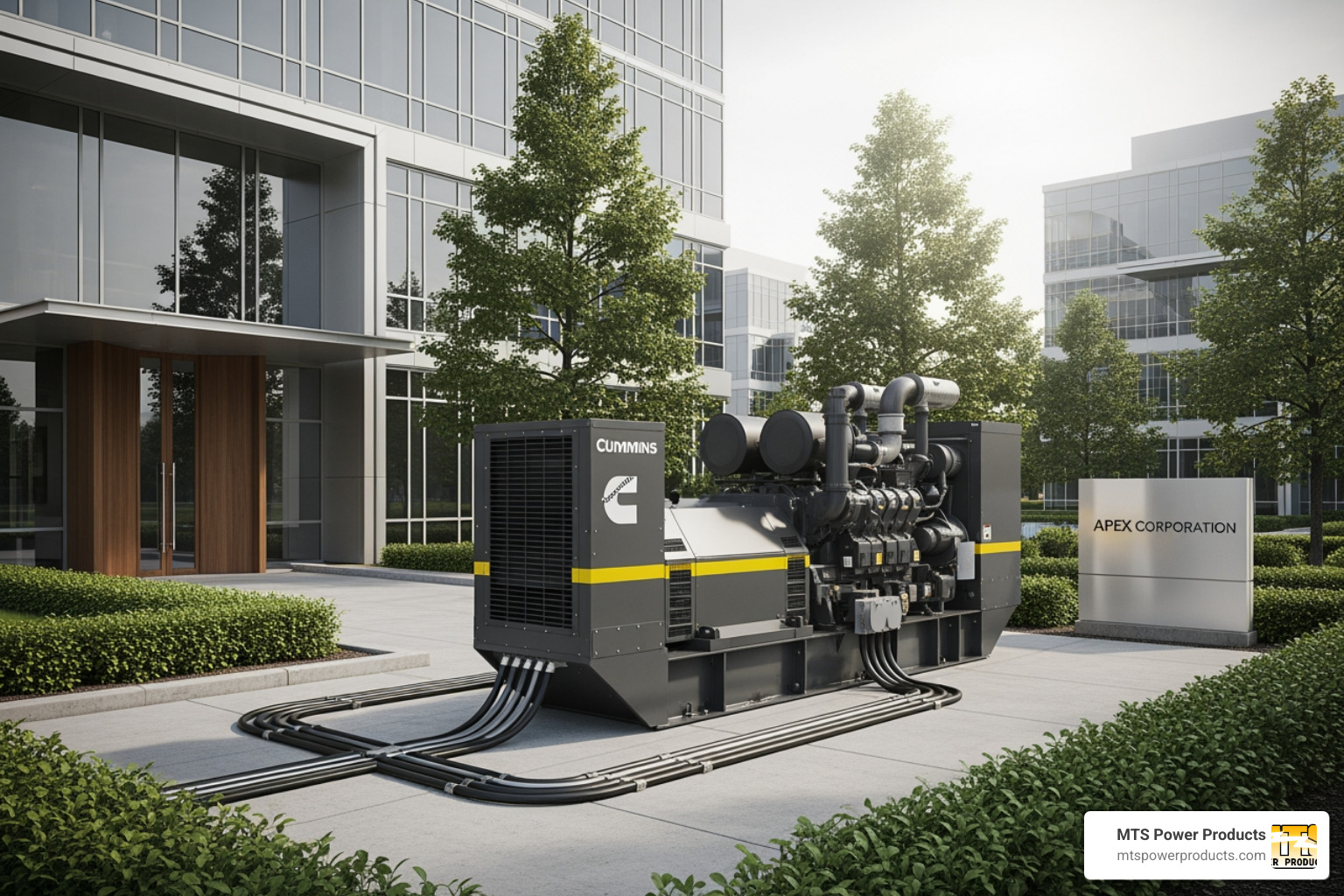
Buy Direct
from the Manufacturer
Sell our Products
Become a Distributor
Discounts
on volume purchases
Visit Us
at our Miami office
from the Manufacturer
Become a Distributor
on volume purchases
at our Miami office
A backup commercial generator is different from home generators in a number of ways. These generators sets are specifically designed to be used in commercial and industrial applications.
While all generator sets use fuel to generate emergency power, there are some that are designed to handle commercial applications. When the main power source for an area becomes disrupted because of an emergency outage or malfunction, the emergency standby generator is able to activate and produce power.
Understanding certain basics about generator sets can help property owners choose what commercial backup generator is best for the applications they need it for. Sudden emergencies like tropical storms and hurricanes can be an especially trying time for businesses, and this is most true of properties in South Florida.
Backup commercial generators offer property owners peace of mind during and after intense weather. Continue reading to learn more about the basics of commercial backup generators. Please contact MTS Power Products to discuss creating a custom commercial standby generator for your emergency power needs.
Commercial and residential generator sets are most often distinguished by the type of fuel they use to operate with. Generally, the fuel sources are either diesel, natural gas, propane, or gasoline.
All of these fuel sources come with individual pros and cons. The most common fuel choice for commercial applications is diesel fuel. Diesel fuel is characteristically safe, efficient, and affordable. Natural gas generators are another popular choice but are mostly utilized in residential applications.
Choosing the best fuel source is important when considering what the commercial backup generator will be used for. The proper type of fuel will keep your generator running for longer in the moments it is needed most and should be a serious consideration.
Commercial generators are usually a permanent installation, though portable units are much more mobile. Portable generators are more often used in commercial applications to deliver power to equipment on a work-site.
Unlike a permanent backup commercial generator installation, a portable generator has to be connected to a wiring system. On top of that, while portable generators are mobile, they are incapable of providing enough power for most entire commercial properties.
This is what makes portable generator sets ineffective during an emergency in the event the main power source is interrupted. A permanent commercial generator installation is the best choice for commercial applications.
Commercial standby generators come in a number of different sizes with some being so large they need to be housed in a separate building. The overall level of power that a property needs to power vital appliances and utilities will determine the size of the backup commercial generator.
It should always be assumed that a power disruption will occur during peak hours. A business can get help determining their power requirements with the help of a licensed electrician.
The power requirements alone help to determine what size and how many standby generators a commercial property might need to sufficiently distribute power during an emergency outage or power disruption. Typically, a commercial standby generator will produce voltages of up to 480 and even exceed 200 KW, but there are many different emergency standby generators available for bigger and smaller power needs.